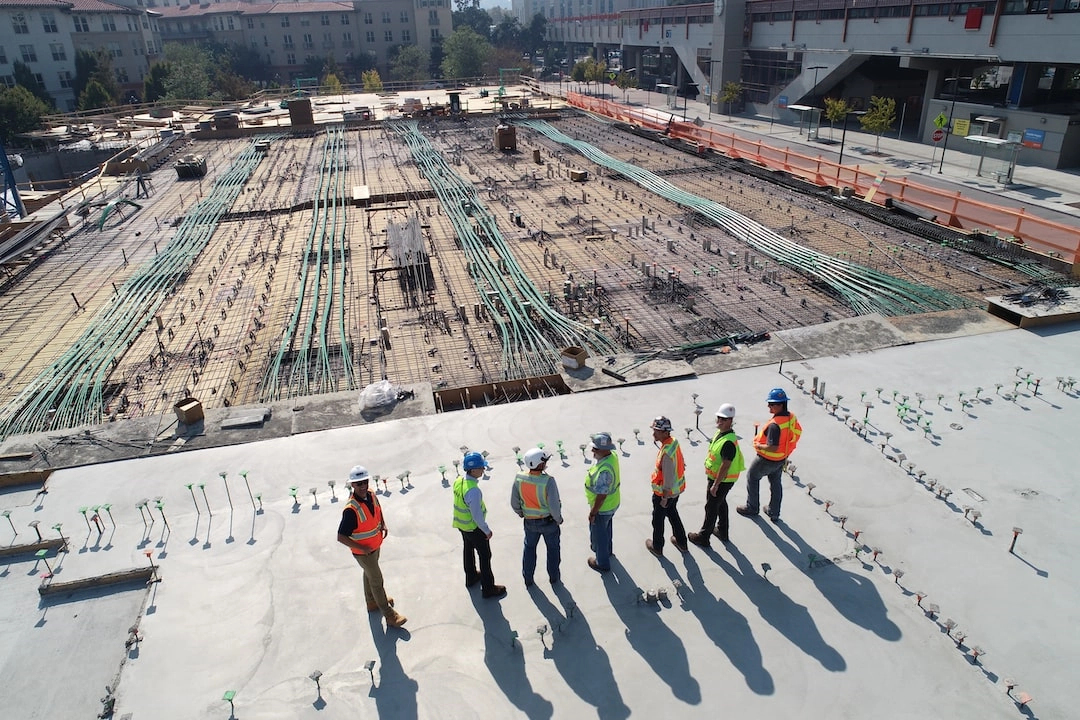What it is:
Sustainable Urban Planning Strategies
Sustainable urban planning is an approach to city development that emphasizes the long-term well-being of both the environment and its inhabitants. It takes into account social, economic, and environmental factors to create cities that are livable, resilient, and environmentally friendly. The goal is to create communities that meet the needs of the present generation without compromising the ability of future generations to meet their own needs.
Exploring the Topic
When exploring sustainable urban planning, it is important to consider various strategies and initiatives that can contribute to creating more sustainable cities. One such strategy is the promotion of mixed-use development, which integrates residential, commercial, and recreational areas in close proximity. This reduces the need for long commutes, promotes walkability, and fosters vibrant and connected communities.
Another critical aspect of sustainable urban planning is efficient transportation systems. This includes promoting public transportation, investing in bike and pedestrian infrastructure, and implementing smart transportation solutions. By reducing reliance on private cars, cities can decrease congestion, improve air quality, and reduce greenhouse gas emissions.
Real-World Problems Associated with Urban Sustainability
Despite the growing recognition of the importance of urban sustainability, there are several challenges that hinder its implementation.
Urban Sprawl
One major problem is urban sprawl, which refers to the unplanned and uncontrolled expansion of cities into surrounding rural areas. This leads to fragmented development, increased car dependency, loss of open spaces, and higher infrastructure costs.
Inequitable Access to Resources
An issue often associated with urban sustainability is the inequitable distribution of resources and services. Poorer communities often face limited access to green spaces, quality housing, healthcare facilities, and public transportation, which exacerbates social and environmental injustices.
Climate Change Resilience
The impacts of climate change pose significant challenges for urban sustainability. Rising temperatures, extreme weather events, and sea-level rise require cities to develop strategies to adapt and mitigate these effects. This includes improving infrastructure resilience, ensuring adequate water and energy supplies, and implementing effective waste management systems.

Solutions for Sustainable Urban Planning
Mixed-Use Development
Promoting mixed-use development can enhance sustainability in urban areas. By integrating residential, commercial, and recreational spaces, cities can create vibrant and connected communities that reduce the need for excessive commuting and promote walkability.
Efficient Transportation Systems
Developing efficient transportation systems is crucial for sustainable urban planning. By prioritizing public transportation, investing in bike and pedestrian infrastructure, and adopting smart transportation solutions, cities can reduce congestion, improve air quality, and lower greenhouse gas emissions.
Tackling Urban Sprawl
To address urban sprawl, cities should prioritize compact and connected development. This involves implementing zoning regulations that limit expansion into rural areas, promoting infill development, and encouraging densification in urban cores.
Promoting Equity
Ensuring equitable access to resources and services is essential for sustainable urban planning. Cities should invest in creating equal access to green spaces, quality housing, healthcare facilities, public transportation, and other essential amenities, particularly in disadvantaged communities.
Climate Change Adaptation and Mitigation
Sustainable urban planning must also address the challenges posed by climate change. Cities need to improve infrastructure resilience, promote energy efficiency and renewable energy sources, implement effective waste management systems, and develop strategies to adapt to changing weather patterns and rising sea levels.













